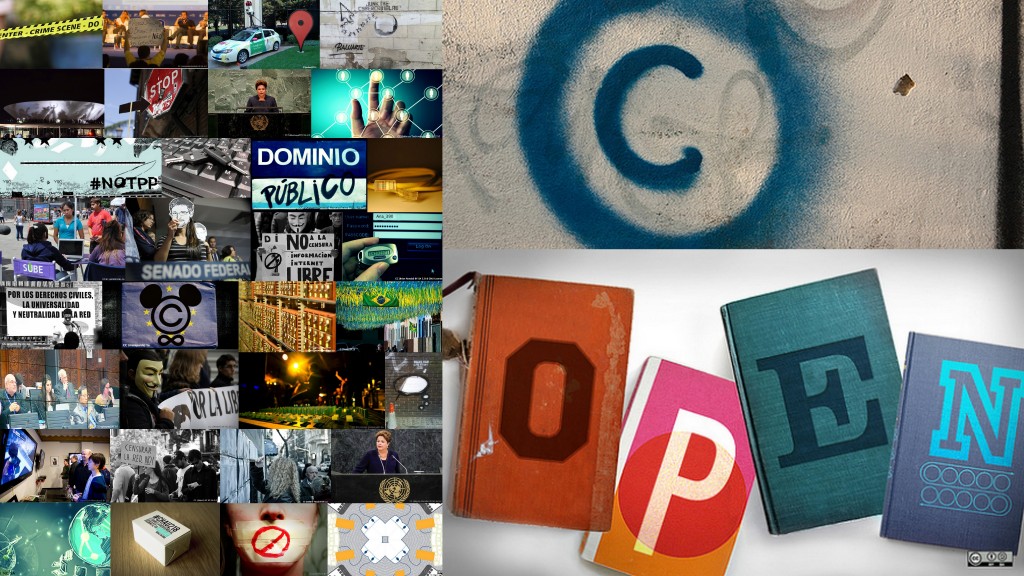[2013 Assessment] Copyright in Brazil
by Digital Rights LAC on January 28, 2014
At Digital Rights LAC we wanted to ask different specialists in the region about their personal appraisals on digital rights issues. This is the case of Marcos Wachowicz from Brazil. We asked him what the main achievements were of 2013 with regard to copyright and what could be expected for 2014. Here is his reply.
The year 2013 marked the re-opening of the subject of reforming legislation currently in force in Brazil, with the new measures introduced by the Minister for Culture, Marta Suplicy. However, the year ended without the bill to reform Law 9.610/98 (Intellectual Property Law or LPI) being passed by Congress. This was foreseen by some parliamentarians and was expected by various sectors of Brazilian society.
The process of revising the country’s LPI has been in the making for a long time, more than eight years. It all began in 2005 when, at the end of the First National Conference on Culture, it became clear that not only did the existing intellectual property laws need revising but also that the role of the State in this area needed to be redefined.
A number of governmental actions followed to stimulate debate in the country (eight seminars and more than 80 departmental meetings). On 14th June 2010 the bill was presented to the public for a formal process of consultation through the internet. For 79 days, any individual or institution in the country could send their contribution via an online platform which allowed immediate publicity for their suggestions. By the end, 8,431 individuals, legal entities and collective organisations had participated. During all this time, the effort and the material collected promoted discussions that led to the maturing of ideas about the reform, increased clarity about the concepts, arguments and different points of view that surfaced during the process, and a more precise reading of how far the reform could go to get a balance between the public interest and the participation of the private sector.
So, in August 2013, with the enactment of Law 12.853, it was possible to proceed with one of the fundamental points of the reform, which refers particularly to the system of regulating the collection and distribution of copyright material by collective action organisations, through external supervision of their activities.
2014 began with a high expectation that the reform bill would soon be delivered to Congress. One of the points that had already caused controversy refers to the rules concerning the elimination of content protected by copyright which was possibly published unlawfully on the internet, as well as questions about the limitations, uses and free access to intellectual property.
The fact is that in 2014 the timings of the legislative calendar will have to take into account two socio-political factors: FIFA’s World Cup which will take place in Brazil in the first half of the year, and the presidential elections which will take place in the second half. Both events will have an effect on the country’s political agenda. Therefore, if the delivery is delayed, the outlook becomes uncertain regarding the space the Government agenda will have to confront the debates in Congress.






